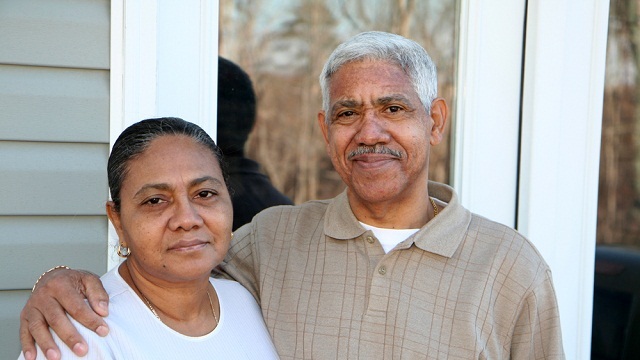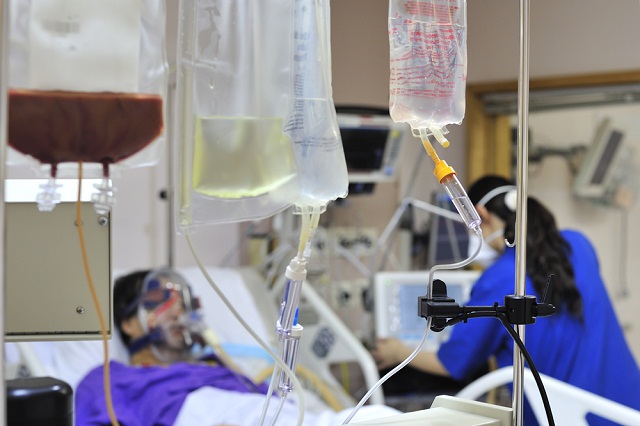Kecia Lynn
Kecia Lynn has worked as a technical writer, editor, software developer, arts administrator, summer camp director, and television host. A graduate of Case Western Reserve University and the Iowa Writers' Workshop, she is currently living in Iowa City and working on her first novel.
intelliPaper is seeking $300,000 in crowdfunding to help bring its device, which consists of a memory chip embedded in a sheet of paper, to market.
Previously found only on its Android app, the technology now enables browser-based searching of airports, shopping malls, museums, and other locations.
Scientist Deckard Sorensen used nanotechnology to create a vessel that mimics the water collection and storage capabilities of the Namib desert beetle.
Transit projects — none of which is at a resort — are in various stages of completion worldwide. In the US, designers from one company will soon meet with Austin city officials.
A team of experts from various industries is working on software that will take your measurements via a camera or smartphone and use the data to help you find the right size when shopping online.
The dwarf planet, one of five that exist at the outer edges of the solar system, recently passed in front of a star, allowing astronomers their first shot at getting some really good data.
Twenty-five days remain to enter a contest in which the team that can identify the best way of detecting the stuff of the universe will get $12,000 and a shot at a good-paying job.
NASA scientists and engineers are about to launch a balloon to retrieve samples from what one describes as “really the last ecosystem on the planet to be explored.”
Days before climate negotiations resume in Qatar, the organization’s Environment Program has released a report claiming that governments aren’t doing nearly enough to fight global warming.
A new report from the World Resources Institute says that at least 1,199 coal plants are being planned worldwide, with a growing number of them proposed for developing countries.
To keep revenues coming in, some content sites are experimenting with the micropayment model, in which the majority of a chosen article is made available only after the reader pays a small fee.
Currently in use at five companies across the US and Europe: Mannequins equipped with a camera that sends data to a facial-recognition program.
Starting today, New York City is replacing traditional pay phones with touchscreens that will provide weather data, safety alerts, coupons for local shops, and more.
Researchers used simulations to measure physicians against high school- and college-age gamers. In all tests involving robot assistance, the gamers’ skills were equal or better.
In terms of their teens’ online activities, interaction with strangers still ranks (just barely) as the top concern, according to a new Pew Center/Harvard report.
Desperate to reduce the amount of unsold housing stock, Spain has announced a proposal to offer residency permits to foreign buyers.
Despite the fact that homosexuality is still criminalized in many countries, recent active and proposed legislation in a number of countries suggests a rapidly growing trend.
The 2013 German Michelin Guide contains twice as many two-star restaurants as last year’s, and more three-star restaurants than those of every other European country except France.
Funeral costs went up by a third in the past decade despite the passage of a 1993 law designed to help prevent that from happening. Several new companies are offering much more affordable services, often through the Internet.
Last week the member states voted to approve a draft law that would put more women on publicly-traded company boards by 2020.
Two researchers debate the pros and cons of licensing the right to smoke in articles published this week in the online journal PLOS Medicine.
A University of Cincinnati professor interviewed men in three cities and found that, despite different interpretations of the term, the overall meaning behind it isn’t as controversial as it was in the past.
Densely-packed urban areas experienced a decline in the number of accidents related to cellphone use while driving, but for very rural areas the reverse was true.
Consumers tend to believe that products from the same brand that are eaten together are designed to taste better together, according to a new study.
Findings of a three-year study released yesterday identify a set of distinct parenting “cultures” — the Faithful, the Engaged Progressives, the Detached and the American Dreamers.
Stanford University researchers say they still have a ways to go, but the ability to create a cell using one of the most abundant elements on Earth suggests real promise for the solar energy industry.
Robot home care may be coming eventually, but right now, scientists are working on a more affordable way to use technology to help keep elders independent.
Engineers and scientists have struggled for years to figure out how to turn waste products into significant quantities of fuel. Two companies say they’re closer than ever before to solving this problem.
Scientists from MIT and Rice have created a self-assembling material comprised of ultra-thin layers, as well as a groundbreaking test that allowed them to observe up close how the layers worked to prevent projectiles from penetrating.
Two cancer patients are said to be doing better after their livers were “bathed” with drugs in an attempt to reach the tumors more directly and avoid common side effects.





























